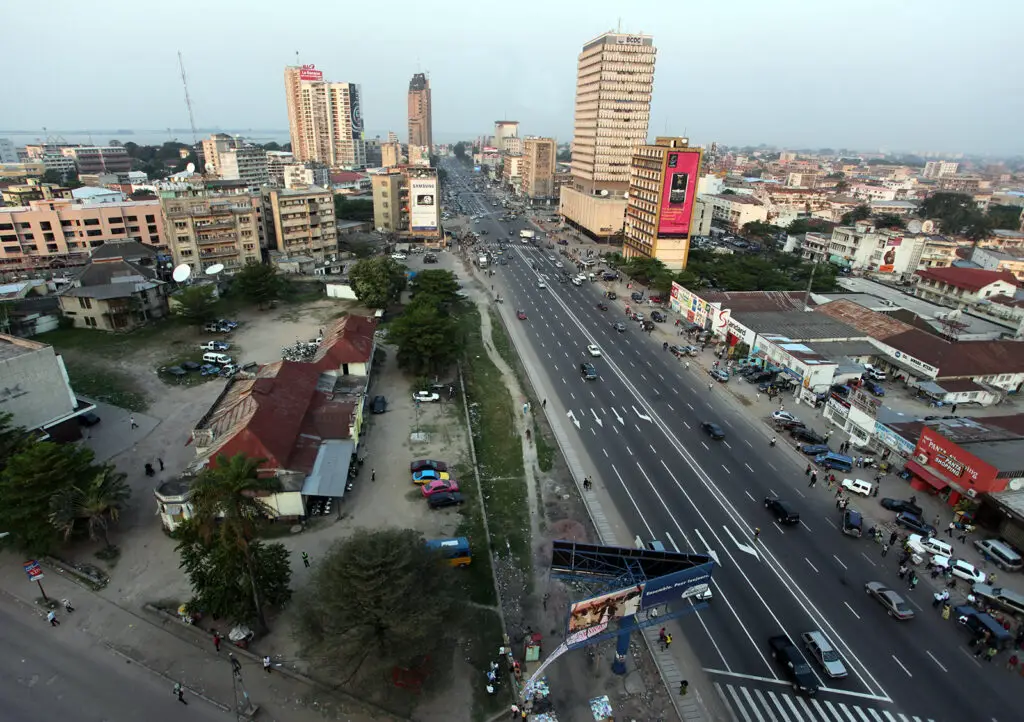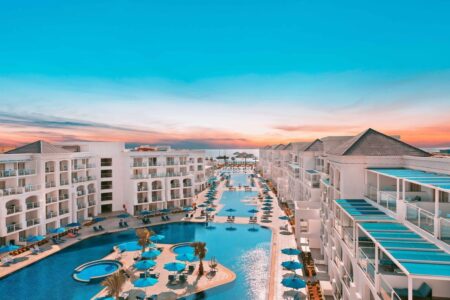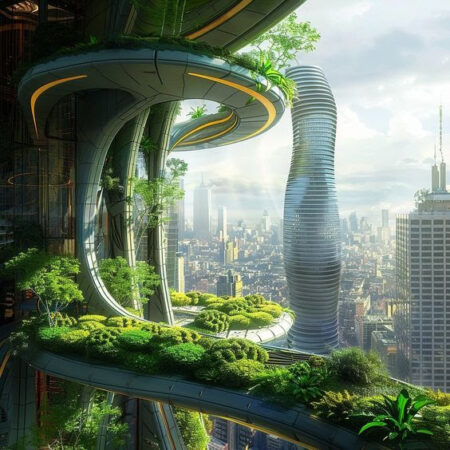- DRC’s economy is rising with real GDP growth at 8.9 percent in 2022 and projected to 6.8 percent in 2023.
- Macroeconomic imbalances have, however, emerged piling inflationary pressures.
- The roiling conflict in the East and upcoming elections complicate macroeconomic management.
The International Monetary Fund (IMF) has outlined a number of tough measures for war-tone DRC as it seeks $200 million financing. The funds are part of the country’s Special Drawing Rights (SDR), the supplementary forex reserves maintained by the IMF. They are units of account for the IMF, and not a currency per se. What’s more, they represent a claim to currency held by IMF member countries and DR Congo can access about $200 million.
An IMF team led by Mercedes Vera Martin met with the authorities in Kinshasa between April 19–May 3. This was on the fourth review of the three-year arrangement under DRC’s Extended Credit Facility (ECF).
Macroeconomic imbalances emerge
According to IMF, DRC and the multilateral lender’s team struck a staff-level agreement on the economic and financial policies needed. The deal will inform conclusion of the Fourth Review under the ECF arrangement, subject to nod from IMF board. A consideration by the IMF’s Executive Board is expected by end-June 2023.
The IMF notes that while the mineral-rich country’s economy is showing resilience, macroeconomic imbalances have emerged. The country’s real GDP growth is estimated at 8.9 per cent in 2022 but stronger-than-expected mining output will see 2023 growth at 6.8 percent.
Higher-than-envisaged tax revenues in 2022, including windfall from the extractive sector, allowed for higher current expenditures. The country alos had exceptional security-related expenditures and repayment for arrears.
The country’s budget deficit widened to 1.3 percent of GDP and rapid spending at end-2022 generated excess liquidity. This left the country experiencing inflationary and exchange rate pressures in the year.
As of April 22, 2023, the Congolese franc depreciated by 13 percent year-on-year vis-à-vis the US dollar as inflation hit 17 percent.
Accumulate forex reserves
Robust import growth weakened the external position in 2022, with a current account deficit estimated at 5.7 percent of GDP. Strong financial inflows, however, allowed DRC’s Central Bank to accumulate reserves equivalent to about two months of imports at end-2022.
“The medium-term outlook remains favorable, supported by expanding mining production and hinges on proactive reform efforts. In a context of elevated uncertainty related to the ongoing armed conflict in the East, upcoming elections and external downside risks arising from the weakened global economic outlook, commodity prices volatility and the prolonged war in Ukraine, prudent economic policies are warranted for the rest of 2023,” Vera Martin said.
Read also: Crisis-saddled Burundi gets $261M IMF loan to aid recovery
Fiscal policy is expected to prudently address additional security, humanitarian and election spending needs related to the situation in the East. Unanticipated revenues, if any, will help build fiscal buffers.
By prioritizing spending, revising goods and services spending downward and keeping the wage bill in line with the budget will help sustain capital investment. Additionally, this initiative will help reduce inflationary pressures, according to the global lender.
Improve tax administration
“Revenue mobilization and public financial management reforms will strengthen fiscal policy. Efforts to improve tax administration and streamline parafiscal charges are important to facilitate revenue mobilization,” Vera Martin added.
Continuing to operationalize the General Directorate of the Treasury and Public Accounting and strengthening spending control procedures and cash management would contribute to rationalizing expenditures and improving transparency.
More broadly, establishing the single treasury account, strengthening the public procurement system, and enhancing public investment management. Further, budget execution reporting will help improve execution, enhance fiscal governance, and improve spending efficiency, IMF says.
“The BCC is expected to tighten monetary policy to contain inflationary pressures, while continuing to build reserves for external resilience. Strengthened communication would help anchor inflation expectations,” said Vera Martin.
Maintaining the role of the exchange rate as a shock absorber remains key to safeguarding reserves.
Efficiency of monetary policy
Reforms to strengthen the monetary policy and central bank governance will be critical to improve liquidity management and the efficiency of monetary policy transmission, IMF has told DRC. Reforms are also needed to bolster banking sector resilience and to promote financial inclusion. This will start with the implementation of the new commercial banking law approved in December 2022.
DR Congo is also to improve the business climate, which remains key for economic diversification and private sector-led growth. Part of the measures will include implementing the anti-corruption framework, rationalizing the tax system, enhancing the transparency in the mining sector. The deal will also see beneficial ownership information for awarded government contracts made public.
IMF also notes major reforms are needed to operationalize the law on Anti-Money Laundering and Combating the Financing of Terrorism. Adopted in December 2022, the law is critical for DRC to exit the Financial Action Task Force’s grey list.
Further, the mission held climate-related reforms talks since DRC is eyeing the IMF’s Resilience and Stability Facility. The country plans to build resilience against climate-related risks and meet the country’s nationally determined contribution (NDC). Powering green and resilient investments, strengthening governance in the forestry, and fuel subsidy reforms were part of the talks.
Facility in the coming weeks
Moreover, the reforms also benefited from consultations with the World Bank, the African Development Bank, the Central African Forest Initiative and other partners.
Building on these constructive discussions, IMF staff and the authorities will advance work on the facility in the coming weeks.
The mission met with Prime Minister Jean-Michel Sama Lukonde Kyenge, Vice-Prime Minister and Minister of Economy Vital Kamerhe, Vice-Prime Minister and Minister for Public Service Vice-Prime Minister and Minister of Defense Jean-Pierre Bemba.
Others were Vice-Prime Minister and Minister for Public Service Jean-Pierre Lihau, Minister of the State and of the Budget Aimé Boji. Minister of Finance Nicolas Kazadi, Minister of Mining Antoinette Kalambayi, BCC Governor Malangu Mbuyi other senior officials were engaged.











